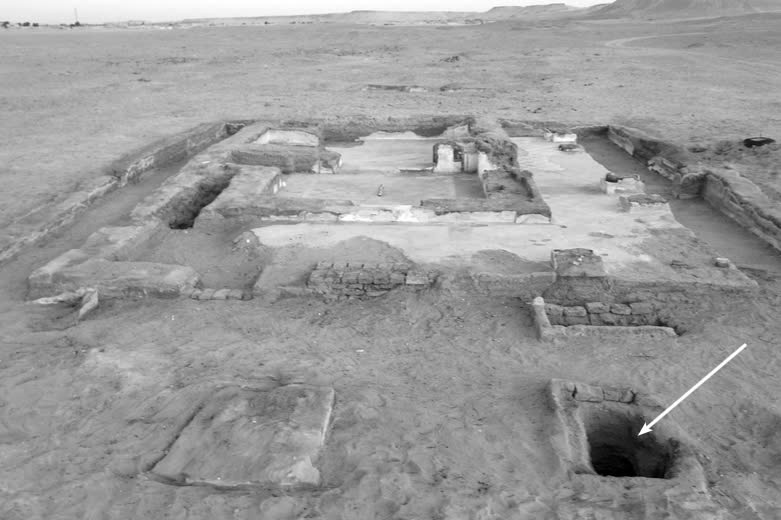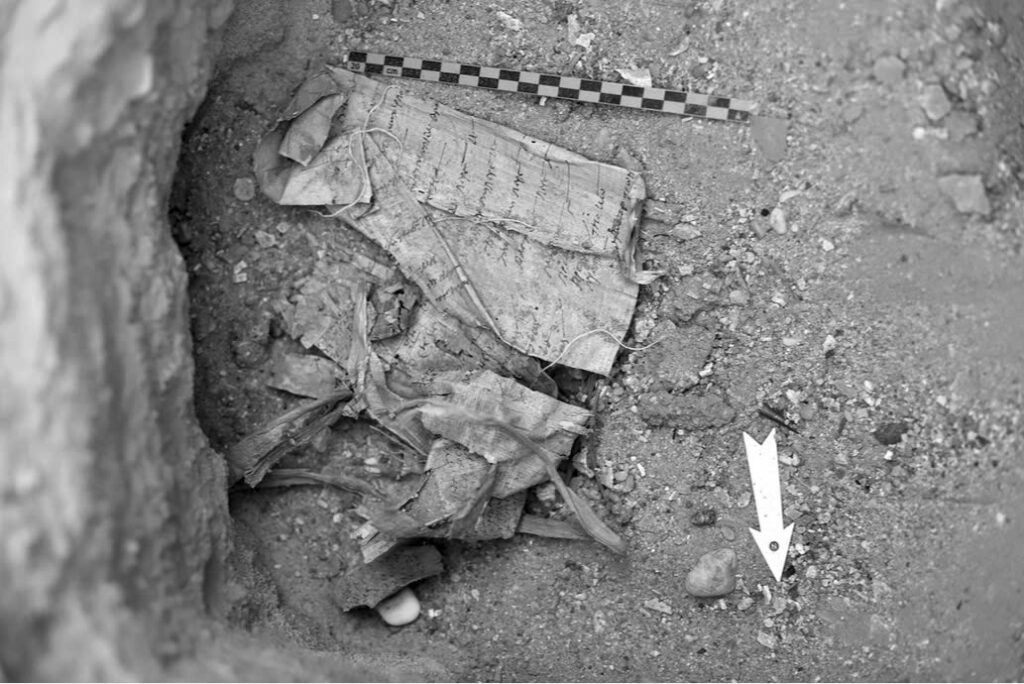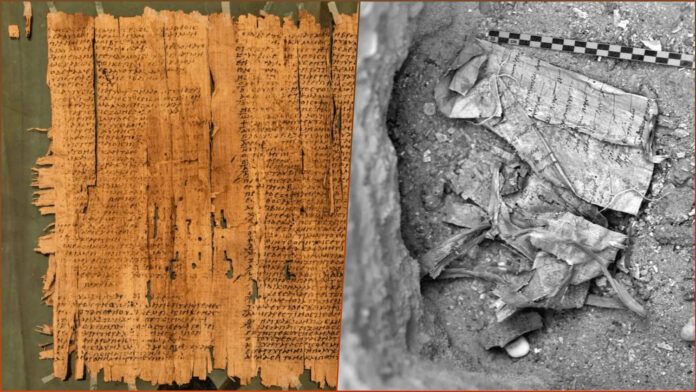A Remarkable Archaeological Discovery

In an extraordinary archaeological breakthrough, fragments of ancient Greek literature have recently come to light, offering a glimpse into the lost works of Euripides, one of the most celebrated playwrights of the 5th century B.C.E. Approximately 100 lines from two previously unknown tragedies, Ino and Polyidos, have been uncovered and translated, marking one of the most significant contributions to the study of Greek tragedy in over fifty years.
The Excavation and Its Importance
The fragments were discovered during a 2022 excavation by an Egyptian archaeological team at Philadelphia, an ancient necropolis located 75 miles southwest of Cairo. Unearthed from pit graves linked to an older funerary structure, these papyri date back to the 3rd century C.E. Their rarity is amplified by the limited surviving texts from Euripides, whose works have greatly influenced the theatrical landscape of ancient Greece.

The Plays: Ino and Polyidos
Ino: A Tale of Revenge
The first play, Ino, is a revenge tragedy, from which 37 lines were recovered. It revolves around the myth of Ino, a Theban princess embroiled in a tragic cycle of betrayal and vengeance. The newly discovered scene portrays Ino reveling in her triumph after overcoming her rival, Themisto, a narrative that had been largely lost to time.
Polyidos: Themes of Morality and Power
The second play, Polyidos, is a moralistic tragedy with 60 recovered lines. The narrative focuses on King Minos of Crete and the soothsayer Polyidos, who is implored to revive Minos’ deceased son, Glaucus. The dialogue explores profound themes such as the limits of wealth and power, with Polyidos warning Minos, “You are rich, but don’t think you understand the rest,” highlighting the hubris tied to prosperity.
Scholarly Collaboration and Translation
The attribution of these fragments to Euripides was made possible through the collaboration of excavation director Basem Gehad and Yvona Trnka-Amrhein, an assistant professor of classics at the University of Colorado Boulder. After confirming the fragments’ authenticity, Trnka-Amrhein enlisted John Gibert, a noted Euripides scholar, for translation and analysis. Their findings have been published in the Journal of Papyrology and Epigraphy, providing crucial insights into the plays’ content and historical context.

Insights from the Papyrus
The papyrus itself offers fascinating clues about its origins and purpose. Unlike luxurious literary texts, its script suggests a use in elementary education, potentially serving as a classroom manual for students learning Greek literature. This context sheds light on the transmission of Greek literature during the Roman period, indicating that such texts were still influential among scholars and educators in the Hellenistic world.
Thematic Resonances with Archaeological Context
The discovery gains additional significance through thematic connections between the plays and their archaeological context. Both Ino and Polyidos feature tombs, resonating with the necropolis setting from which the papyri were found. The fragment from Polyidos, which discusses death and resurrection, is particularly poignant, reflecting ancient desires to transcend mortality—an idea deeply entwined with the burial practices of the time.
A New Era for Classical Scholarship
This find not only enriches our understanding of Euripides’ oeuvre but also opens new avenues for exploring the dissemination and preservation of Greek tragedy. The recovery of additional fragments from Ino and Polyidos promises to illuminate ancient moral and philosophical concerns, offering scholars a valuable resource for further study.
As noted by the translators, more papyrus fragments from the site are expected to be published soon, hinting at even more thrilling discoveries that could deepen our understanding of the Mediterranean’s cultural and literary history. This remarkable find stands as a testament to the enduring relevance of ancient texts, reminding us that the wisdom of the past continues to emerge from the depths of history.

